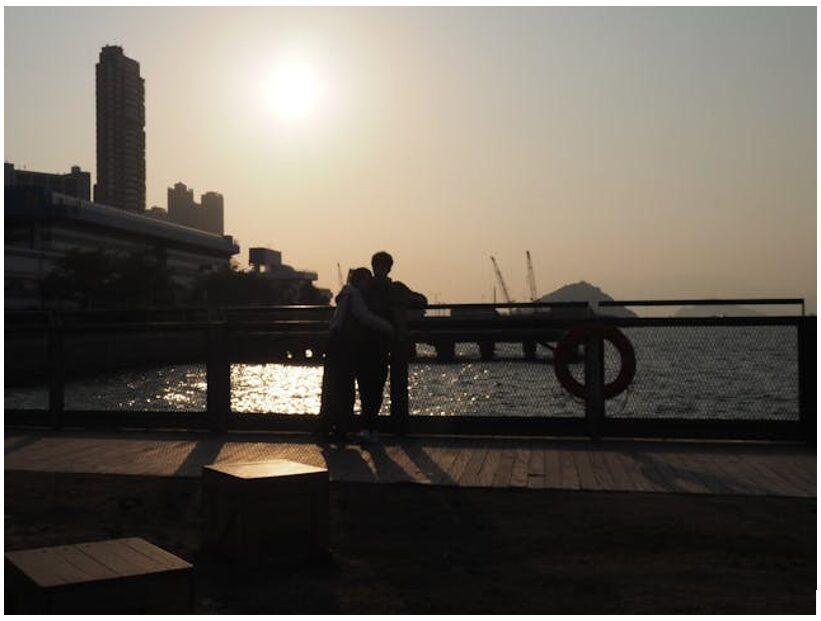WITH the Philippines and Vietnam entangled in recent incursions with China on contested waters in the South China Sea, members of the Association of Southeast Asian Nations (ASEAN) gathered in Myanmar over the weekend to express serious concern at the brewing tension.
China asserts sovereignty on almost the entire South China Sea. International observers have described China as aggressive, when it comes to territorial disputes. It has continuously rejected other nations’ claim (including Vietnam, the Philippines, Taiwan, Malaysia and Brunei) on the oil- and gas-rich waters.
Vietnam decried China’s positioning of a giant mobile oil rig near Paracel Islands (an area claimed by both countries) in the South China Sea. Vietnam tried to stop China from drilling oil off the contested area, but China insists that it has every right to do so.
Just a few nautical miles from Paracel Islands, the Philippine National Police (PNP) arrested 11 Chinese poachers for trespassing the country’s exclusive economic zone in Hasa-Hasa Shoal. The PNP Maritime Group found 500 pawikans (sea turtles) in the fishing vessel.
Other Chinese vessels were also seen during the incident. But despite the authorities’ prompt action, only one was apprehended by PNP Maritime Group. Others successfully eluded the arrest.
The Chinese fishing vessel and 11 of its crew are now subject to inquest, after violating Republic Act 8550 (Fisheries Code), particularly Sec. 87 or poaching in Philippine Waters and Sec. 97 or fishing or taking of rare, threatened or endangered species; and R.A. 9147 (Wildlife Resources Conservation and Protection Act).
While these recent developments have become a hot topic of conversation during the 24th ASEAN summit in Myanmar, the 10-member organization reiterates that their recent meeting was not a reflection of animosity towards anyone.
During the meeting, the leaders have all agreed on a peaceful settlement of disputes, to coincide with this year’s theme of “Moving Forward in Unity to a Peaceful and Prosperous Community.”
“They urged all parties concerned, in accordance with the universally recognized principles of international law, including the 1982 UN Convention on the Law of the Sea (UNCLOS), to exercise self-restraint and avoid actions which could undermine peace and stability in the area; and to resolve disputes by peaceful means without resorting to threat or use of force,” according to the ASEAN Foreign Ministers’ Statement.
Maintaining peace and stability, maritime security, freedom of navigation in and over- flight above the South China Sea, were among the consensus reached by the ASEAN leaders. The leaders also reaffirmed the ASEAN’s Six-Point Principles on the South China Sea and the Joint Statement of the 15th ASEAN-China Summit on the 10th Anniversary of the Declaration on the Conduct of Parties in the South China Sea.
“They also called on all parties to the Declaration on the Conduct of Parties in the South China Sea (DOC) to undertake full and effective implementation of the DOC in order to create an environment of mutual trust and confidence. They emphasized the need for expeditiously working towards an early conclusion of the Code of Conduct in the South China Sea (COC),” the joint statement further said.
During the plenary session, the leaders also discussed the roadmap for an integrated ASEAN Community, the initiative for ASEAN Integration Work Plan II, and the Master Plan on ASEAN Connectivity. These plans are set to commence by December 2015.
Upon returning to the country on May 12, President Benigno S. Aquino III shared his fruitful encounter with fellow ASEAN leaders.
“I am glad to report to you that our meeting with other Southeast leaders in 24th ASEAN summit has been productive. Through meaningful dialogue, we, alongside other members of the ASEAN, presented strategies to ensure the continued growth of the region,” Aquino said.
Aside from discussing on-going territorial disputes, Aquino said that they also emphasized the importance of unity and sobriety, and address issues related to security, protection of the poor and climate change.
Despite obstacles set by conflicts among nations, ASEAN is moving forward to pursue higher goals.
By 2015, the ASEAN community is sure to meet its vision of becoming an alliance that has withstood the test of time, assuring regional peace and stability for its people.
Allies, not only by common interests, but also by shared values and aspirations among its people, the ASEAN will set precedents for creating solution to global challenges.
(AJPress)
Back To Top






